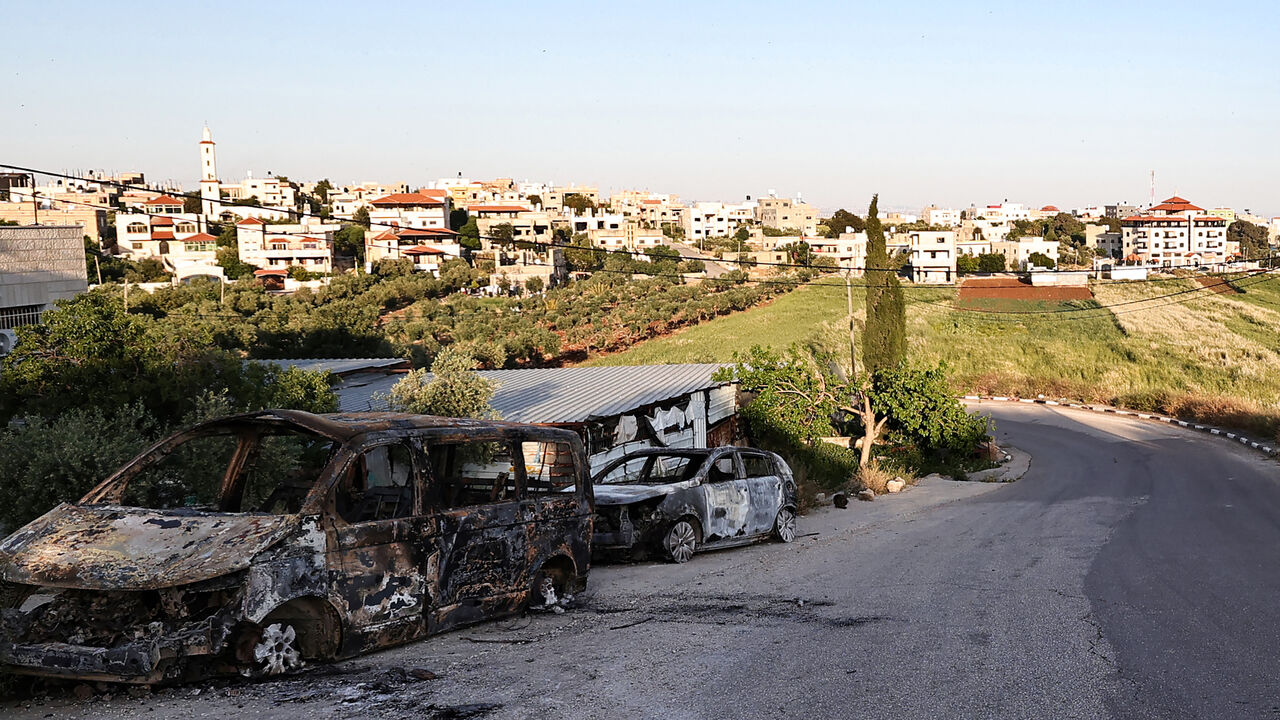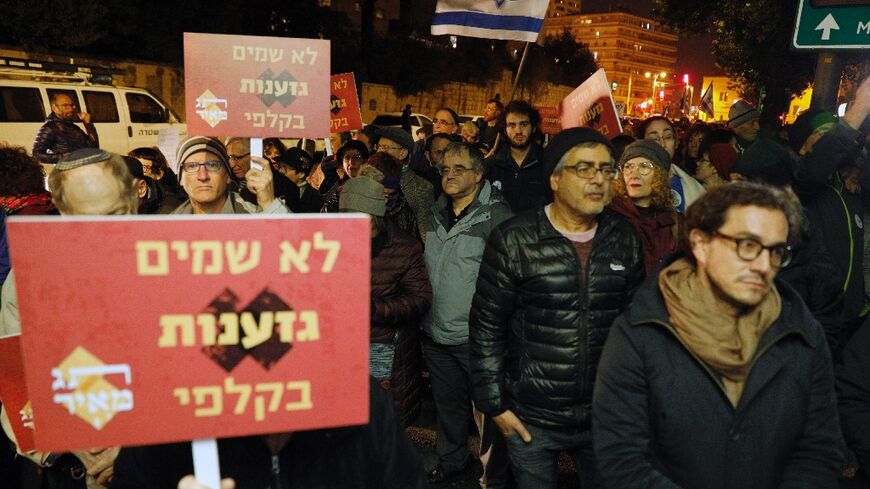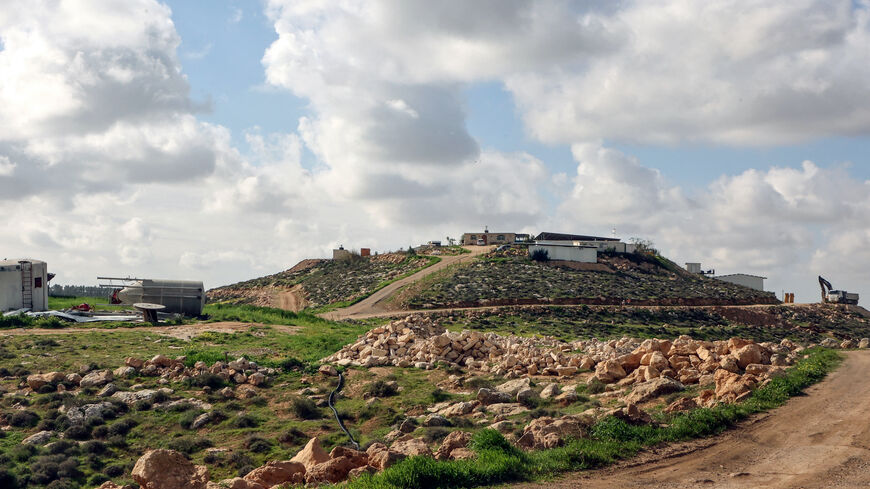US, EU slap sanctions on Israeli Jewish supremacist, extremist settler groups
The European Union and the United States have published new lists of radical Israeli individuals and groups to be sanctioned.

PARIS — The European Union and the Biden administration announced a series of sanctions Friday against far-right Israeli activists involved in violence against West Bank Palestinians, including the Jewish supremacist organization Lahava and its founder Benzi Gofstein, who is linked to Minister of National Security Itamar Ben-Gvir.
The EU said it was blacklisting four people and two entities under its Global Human Rights Sanctions Regime. The people and groups sanctioned will now be subject to asset freezes across the European Union space. European citizens and companies will be prohibited from assisting them financially in any way. The individuals sanctioned are also banned from traveling into the European Union.
"The listed individuals and entities are responsible for serious human rights abuses against Palestinians, including torture and other cruel, inhuman or degrading treatment or punishment and for the violation of right to property and to private and family life of Palestinians in the West Bank," noted the EU in its statement.
Lehava is one of the groups sanctioned by the EU. The second is the Hilltop Youth group. While Lehava is an organized anti-assimilation group with an established headquarters in Jerusalem, the Hilltop Youth is not a formal organization but rather informal gangs who settle together in illegal outposts and often clash violently with their Palestinian neighbors.
The EU decided to blacklist two leading figures of the Hilltop Youth, Meir Ettinger and Elisha Yered. Ettinger is the grandson of ultranationalist Rabbi Meir Kahane, who founded in the 1970s the radical Kach group, which was outlawed in Israel and the United States. The EU also blacklisted two other settlers accused of repeated violence against Palestinians, Neria Ben Pazi and Yinon Levi. According to the EU statement, Pazi has been accused of attacking Palestinians in the villages of Wadi Seeq and Deir Jarir since 2021, and Levi has participated in multiple acts of violence against neighboring Palestinian villages from his residence in the Mitarim farm outpost.
The US Treasury Department announced Friday it was blacklisting the Mount Hebron Fund and the Shlom Asiraich group, which is accused of raising funds for settlers Yinon Levi and David Chai Chasdai, who were already under sanctions. The Treasury Department also sanctioned Lehava’s Gofstein Friday.
“Mount Hebron Fund and Shlom Asiraich generated tens of thousands of dollars for extremists responsible for destroying property, assaulting civilians, and violence against Palestinians,” Deputy Treasury Secretary Wally Adeyemo said in a statement. “Such acts by these organizations undermine the peace, security, and stability of the West Bank.”
A follower of Kahane when he was young, Gofstein was involved in the establishment of groups active against intermarriage between Jews and non-Jews and groups active for the return of Jews to the Temple Mount. He has also called to ban the LGBTQ pride parade in Jerusalem. Ben-Gvir served as Gofstein’s lawyer when the latter was charged with incitement to violence and hatred. In June 2023, Haaretz reported that Gofstein was serving as an informal adviser to Ben-Gvir.
The United States and the European Union have long called on the Israeli government to punish violent settlers.
On March 14, the Biden administration imposed sanctions on two West Bank outposts and three settlers, intensifying an effort to punish those responsible for a surge of violence against West Bank Palestinians.
Friday's EU decision came one month after the union adopted a general decision on sanctioning extremist Israeli settlers. The March 18 decision marked the first time that the EU’s 27 member states agreed to sanction violent Israeli settlers, following the United States, Britain and France. Paris announced Feb. 14 it was adopting sanctions against 28 settlers. The French Foreign Ministry has since refused to publish the list of the 28 people sanctioned.
Al-Monitor's Elizabeth Hagedorn contributed to this report.







